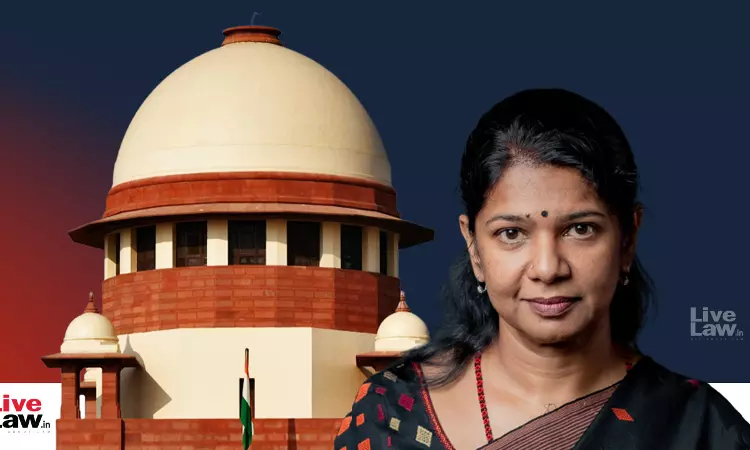Supreme Court Dismisses Petition Challenging Election Of DMK MP Kanimozhi In 2019 Lok Sabha Elections
Rintu Mariam Biju
4 May 2023 10:45 AM IST

Next Story
4 May 2023 10:45 AM IST
The Supreme Court on Thursday dismissed the election petition which has been filed in the Madras High Court challenging the election of Dravida Munnetra Kazhakam MP Kanimozhi in the 2019 Lok Sabha polls.A Bench of Justices Ajay Rastogi and Bela Trivedi allowed the appeal filed by the DMK leader challenging the Madras High Court's refusal to dismiss election petitions disputing her election...
